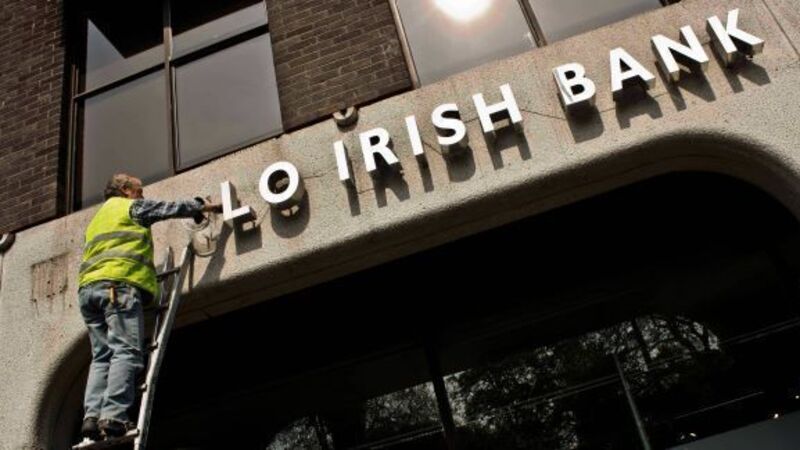Banking bailout 10 years on: The crash that killed the Celtic Tiger

The warning signs were there, and yet when it came to the crunch, the bank guarantee caught many by surprise, writes .
The Celtic Tiger. From decades and centuries of poverty and peasantry, we had begun to soar the highest heights.











